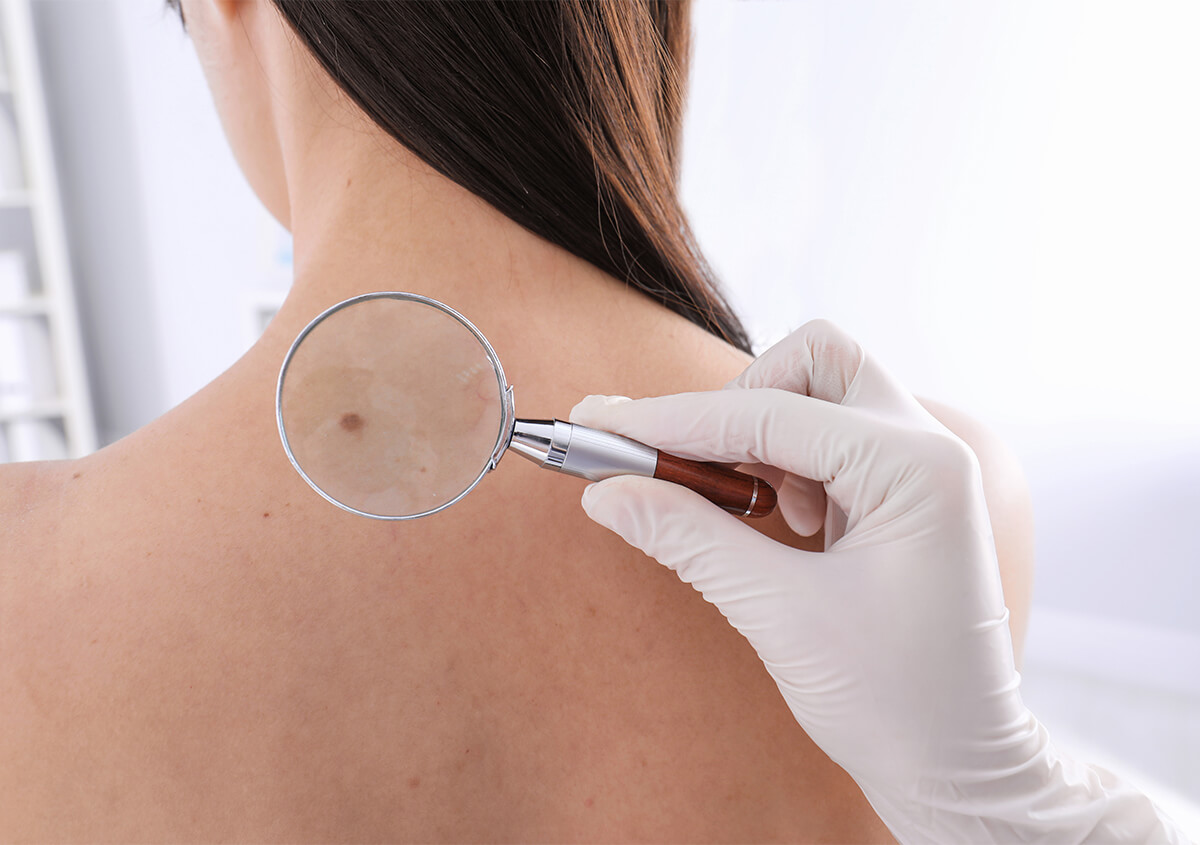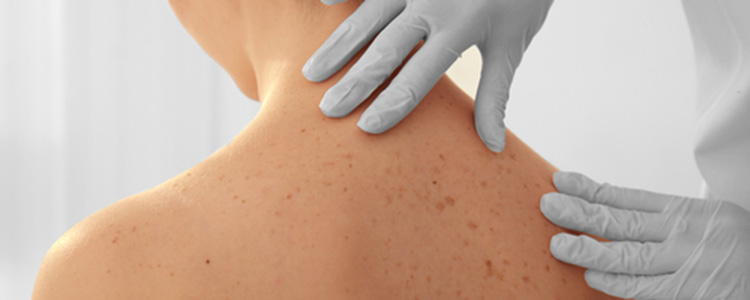Dermatologist in Orchard Park explains everything you need to know about skin cancer

Skin cancer has become increasingly common – In fact, it is estimated that in the United States, around 9,500 adults receive a skin cancer diagnosis every day, and one in five people will develop it in their lifetime. While some skin cancers are considered less deadly than others, all forms of skin cancer can have serious consequences ranging from intensive scarring and organ damage to fatality if they are left untreated. Below, Dr. Peter Accetta, dermatologist at Orchard Park Dermatology, explains everything you need to know about skin cancer.
What are the types of skin cancer?
There are three common types of skin cancer: basal cell carcinoma, squamous cell carcinoma, and melanoma. Their names reflect the type of skin cell that becomes cancerous – basal cells, squamous cells, and melanocytes. Basal cell carcinoma is the most common of the three, affecting over 4 million people each year. When basal cell carcinoma and squamous cell carcinoma are treated early, they are often very curable. Melanoma is the deadliest form of skin cancer and treating it at an early stage before it has spread to other locations in the body is crucial for your long-term health.
What are the symptoms?
The symptoms of skin cancer vary by type, but in general, all of them usually involve a lump or a growth on the skin.
- Basal cell carcinomas can look like white, waxy lumps or brown, scaly patches and usually occur on the areas of the body that receive the most sun exposure, such as the face
- Squamous cell carcinomas can look like flat, pale, or yellow areas of skin that look like a scar, a raised and reddish area of skin, or small bumps that can be pink, red, blue, brown, or black in color
- Melanomas can develop in existing moles, in which case they change over time to have irregular borders, multiple colors, asymmetry, or become larger, or a new growth can form on the skin that has one or more of these features
Who is at the highest risk of getting it?

By far, the greatest risk factor for getting skin cancer is being over-exposed to the sun, and particularly, developing severe sunburns. People who use tanning beds or regularly spend time outdoors without sunscreen are more likely to develop skin cancer.
People with skin that burns easily or who have a lot of freckles tend to be at higher risk for skin cancer, as well as people with blonde or red hair or green or blue eyes. If you have many moles, you may also be at higher risk for melanoma. Men are more likely to develop basal cell carcinoma and squamous cell carcinoma than women, and people who are older or who have conditions that suppress their immune systems are also at greater risk for developing skin cancer.
How do I protect myself from getting skin cancer?
The best thing you can do is protect your skin from the sun’s harmful ultraviolet rays – whether it’s cloudy, rainy, or sunny!
- Use a high quality, broad spectrum sunscreen on all exposed areas of your skin, including daily sunscreen on your face and the backs of your hands
- Wear protective clothing such as long sleeves, wide-brimmed hats, and sunglasses to protect your skin from the UV rays that sunscreen can’t
- Avoid going outdoors during the peak hours of sunlight – from approximately 10 am to 4 pm
- Do not use tanning beds
What are the treatment options?
The appropriate treatment for skin cancer depends on the type, the location of the cancerous lesion, and how much it has spread to other areas of your skin and body. In some cases, a simple excision may be enough to remove the cancer. Mohs micrographic surgery is used to remove tumors from the skin layer by layer until no more cancerous tissue is found, and is a good option for tumors where it is important to preserve as much skin as possible (such as on your face or hands) or when it is unclear where the border of the tumor is. Other excision methods are also available, and in some cases, radiation or chemotherapy may be necessary to ensure that the cancerous cells do not grow in other areas of your body.
Schedule your skin exam today
If you have a suspicious spot on your skin or need your annual skin check, we encourage you to not delay in scheduling an appointment with a Board-certified dermatologist such as Dr. Peter Accetta. When found early, skin cancer is usually highly treatable and, in many cases, can be removed with little to no scarring. Call Orchard Park Dermatology at (716) 675-7000 today!

Dr. Peter Accetta is dedicated to developing and preserving his patients' skin's health and brightness. Dr. Accetta is a dermatological board-certified physician who graduated from Fordham University and the University at Buffalo Jacobs School of Medicine. He is a member of both the American Academy of Dermatology and the American Society of Dermatologic Surgery.
He likes all facets of dermatological practice, but he is particularly interested in general dermatologic therapy and skin cancer care. He specializes in photodynamic therapies.
When you put your trust in Dr. Accetta and his staff, you can expect prompt attention to your requirements, competence, experience, and real compassion.
Share this Article
Back to Treatment Of Skin Cancer Page
